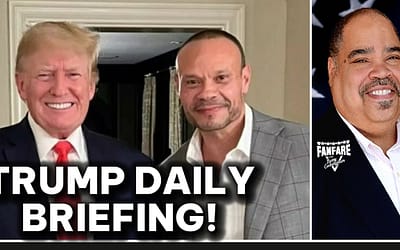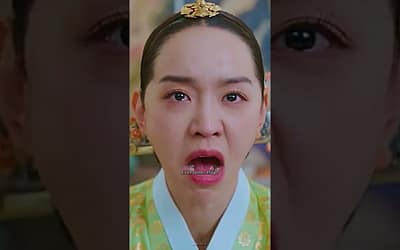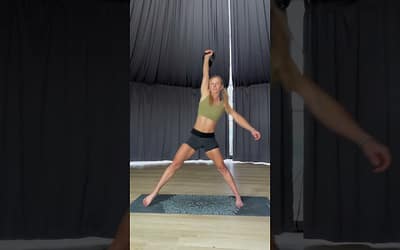Judge dismisses classified documents indictment against Trump
Even if Cannon is later overruled by a higher court, the decision to dismiss Trump’s indictment adds to a string of legal victories for him in recent weeks, including a sweeping Supreme Court ruling that gives former presidents broad immunity for their official acts while in office.
Trump’s legal team has long considered the classified document case to be the strongest of the four criminal cases against him — in part because the acts in question mostly occurred after he left the White House — and the one they were most worried about.
Cannon’s decision comes as Trump is preparing to be formally nominated as the Republican presidential nominee in this year’s election, with the Republican National Convention beginning in Milwaukee on Monday.
A spokesman for Smith did not immediately respond to a request for comment. In her lengthy decision, Cannon said the issue of a special counsel was a novel one that had to be decided before the prosecution could proceed any further.
“Upon careful study of the foundational challenges raised in the Motion, the Court is convinced that Special Counsel’s Smith’s prosecution of this action breaches two structural cornerstones of our constitutional scheme—the role of Congress in the appointment of constitutional officers, and the role of Congress in authorizing expenditures by law,” Cannon concluded in her 93-page order.
The legal theory that Smith was illegally appointed and funded has generally been considered far-fetched. Trump’s legal team didn’t adopt the argument in court until conservative legal groups pushed it.
The former president’s lawyers did not make a similar request to dismiss Trump’s federal election interference case in D.C. — even though Attorney General Merrick Garland appointed Smith to oversee that case in the same way as the Florida case.
But the legal argument gained more steam earlier this month after Supreme Court Justice Clarence Thomas wrote in the presidential immunity case that the special counsel’s office needs to be established by Congress and that Smith needed to be confirmed by the Senate.
Thomas urged lower courts to explore this issue. The justice wrote that he tacked on his concurring opinion to the immunity ruling to “highlight another way in which this prosecution may violate our constitutional structure.
This is a developing story. It will be updated.
Source link








![GEMINI tarot ♊️ Someone Is Looking Closely At You Gemini 👀 They Are Interested BUT .. [august]](https://mlhtlmn6h6zq.i.optimole.com/cb:hVbW.462d1/w:150/h:150/q:mauto/rt:fill/g:ce/ig:avif/https://marketamerica.market/wp-content/uploads/2026/02/1770359411_maxresdefault.jpg)





